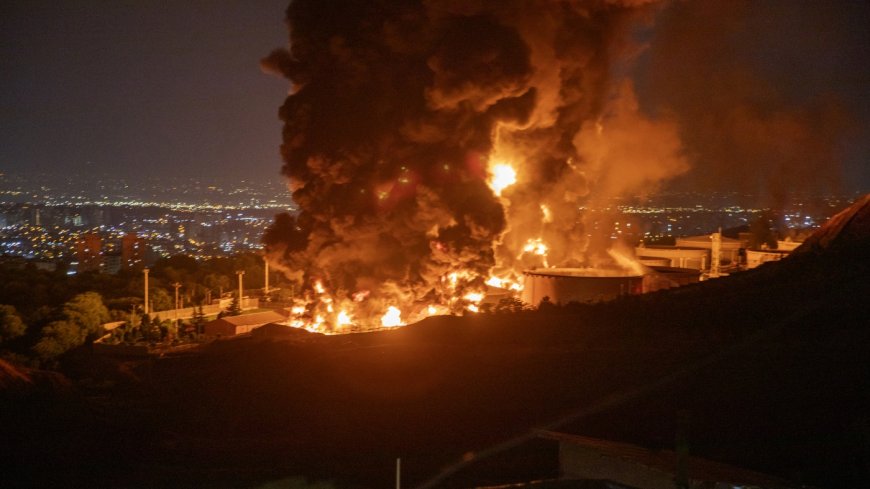Why China is closely watching the Israel-Iran conflict
China's deep involvement in the Iran oil trade makes it a key player in the Israel-Iran conflict. Despite U.S. sanctions, China remains the largest importer of Iranian oil, ensuring the survival of the Islamic Republic. This trade has created a strong partnership between China and Iran, with China exerting political influence in Tehran. China's ability to bypass sanctions and stockpile oil gives it leverage in the ongoing tensions.

One country outside the Middle East that's closely following the war between Israel and Iran, and any possible ceasefire, is China. That's because China is the largest importer of Iranian oil, and Beijing is a close political partner of Tehran.
Iran currently exports around 90% of its crude oil to China, despite U.S. sanctions designed to cut off Iran's oil sales, which the U.S. says directly fund Tehran's military.
China has always been the biggest buyer of Iranian oil, especially after U.S. sanctions on Iran were expanded in 2019. China is able to buy the Iranian crude oil at a discount of about 8% compared to the market price, because Iran has few other buyers.
China buys oil from Iran to ensure the survival of the Islamic Republic. This trade has made China and Iran close partners, even if the two countries share few political traits in common.
The Iranian oil is transported to China by a 'dark fleet' of ships, sailing outside the official shipping system. The oil is often transferred from ship to ship at sea and relabeled as coming from other countries before reaching small, private refineries in China.
China could easily replace the oil it imports from Iran, but it would come at a commercial hit. China buys slightly more oil by volume now from Russia. China could also turn to Venezuela and oil-rich countries in West Africa, but this would cost billions of dollars more a year.
China has been stockpiling oil, with about 1.1 billion barrels stored up, equivalent to more than 70 days of use. This stockpile gives China some time to wait out the situation in the Middle East.
According to the source: NPR.
What's Your Reaction?
 Like
0
Like
0
 Dislike
0
Dislike
0
 Love
0
Love
0
 Funny
0
Funny
0
 Angry
0
Angry
0
 Sad
0
Sad
0
 Wow
0
Wow
0














































































































































